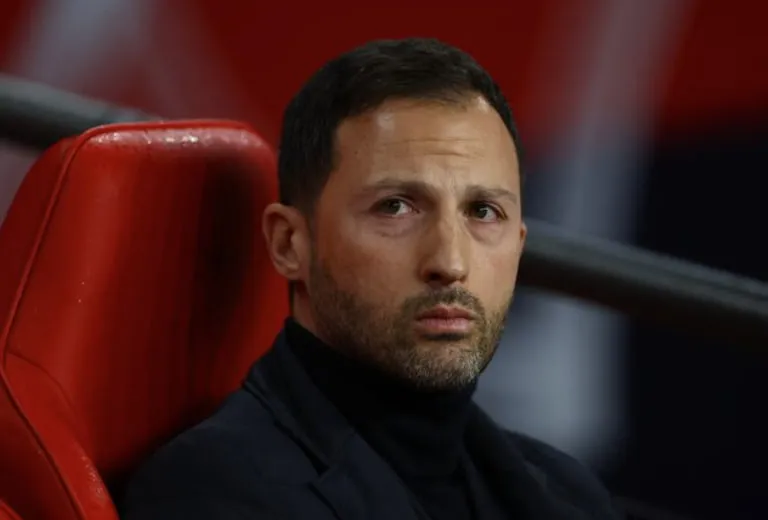German coaches are taking European football by storm, with Thomas Tuchel potentially becoming the third consecutive German manager to lift the Champions League trophy. Following in the footsteps of Jürgen Klopp (Liverpool) and Hansi Flick (Bayern Munich), Tuchel’s tactical mastery has revitalized Chelsea, proving that German coaching philosophy is more than just a trend—it’s a blueprint for success.
But what makes German coaches so effective? From youth development to gegenpressing, let’s dive into why Europe’s elite clubs are increasingly looking toward Germany for their next managerial mastermind.
Why German Coaches Are Thriving in Modern Football
A Culture of Coaching Excellence
Unlike many nations where first-team management is prioritized, Germany treats youth coaching as an elite pathway. David Webb, a former recruitment specialist at Bournemouth and Huddersfield, notes:
“In Germany, an academy coach isn’t just a trainer—they’re a future first-team manager in the making. The U19 coach is considered an ‘elite’ role because it’s where tactical foundations are built.”
Julian Nagelsmann (Bayern Munich), Daniel Farke (Norwich), and even Tuchel himself all started in youth setups before climbing the ranks. This structured approach ensures continuity in playing style and philosophy, making transitions smoother when managers move on.
Julian Nagelsmann’s rapid rise from Hoffenheim’s academy to Bayern Munich exemplifies Germany’s coaching pathway.

The Gegenpress Revolution
Ralf Rangnick, the godfather of modern German tactics, pioneered the gegenpress—a high-intensity pressing system that Klopp famously branded “heavy metal football.” This philosophy has since been adopted by Tuchel, Nagelsmann, and Marco Rose (Borussia Dortmund), proving its adaptability across different teams.
“German coaches don’t just press; they outthink opponents,” Webb explains. “Tuchel’s Chelsea, for example, shifts formations mid-game to exploit weaknesses—something only elite tactical minds can execute.”
Ralf Rangnick’s influence extends beyond tactics—he’s shaped a generation of elite German managers.
Tuchel vs. Lampard: A Case Study in Experience
Frank Lampard did an admirable job at Chelsea, integrating academy stars like Mason Mount under a transfer ban. But when expectations rose, his inexperience showed. Tuchel’s arrival in January 2024 transformed Chelsea’s season:
- 10 wins in 17 games
- Champions League finalists
- FA Cup runners-up
“Lampard is a promising coach, but Tuchel’s years in youth and senior football gave him the adaptability to handle elite pressure,” Webb notes.
Tuchel’s tactical flexibility has made Chelsea a force in Europe once again.

Should More Clubs “Go German”?
With Tottenham recently linked with Nagelsmann before his Bayern move, Webb suggests:
“Clubs like Spurs should target up-and-coming German coaches who excel in player development. Rangnick-style figures could revolutionize their structure.”
The evidence is clear: German coaching isn’t just a phase—it’s the future.
Final Thoughts
From Klopp’s Liverpool dominance to Tuchel’s Chelsea revival, German managers are rewriting football’s tactical playbook. Winbdt readers, who’s next to join this golden generation? Could a Bundesliga tactician soon take over at your club?
Let us know in the comments—and don’t forget to share Winbdt analysis with fellow fans!

